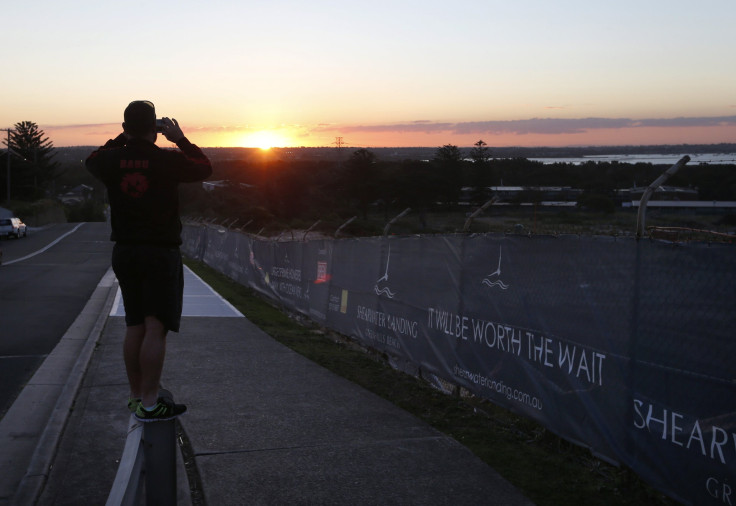Australia To Help China Bring Back Corrupt Economic Fugitives

Chinese and Australian police have agreed to work together to extradite Chinese officials accused of having fled to Australia with embezzled funds. The joint operation is an offshoot of Chinese President Xi Jinping's crackdown on corruption in China.
Australian Federal Police, or AFP, will reportedly detain the accused Chinese officials and seize their assets in the coming weeks. Beijing's Operation Fox Hunt, which began in July, has so far managed to bring back 128 people who had fled with illegally obtained assets, mostly to African and Southeast Asian countries, according to Sydney Morning Herald. At least seven high-level officials have fled to Australia with more than $1 billion stolen from public funds, ECNS, a Chinese news agency, reported, citing Caijing, a financial magazine.
“China has signed treaties with 63 countries, including Australia, in judicial assistance and extradition," Foreign Ministry spokeswoman Hua Chunying said, according to Xinhua, adding: "The Chinese government is resolute in fighting against corruption and chasing fugitives and illegal assets overseas. Corrupt officials should be brought to justice wherever they flee."
Between July, when the operation was launched, and September, at least 102 Chinese nationals have been arrested in 40 countries and regions. According to Chinese officials, the three most appealing destinations for its economic fugitives have been the U.S., Canada and Australia.
The last joint operation between Australian and Chinese officials was in 2011.
“We only see what's on face value, this person has committed an offense," Bruce Hill, manager of AFP's operations in Asia, said, according to Reuters, adding: "There is a human rights side; we need to make sure that we're monitoring that as well, that this is not done for political expediency where we can."
© Copyright IBTimes 2024. All rights reserved.












